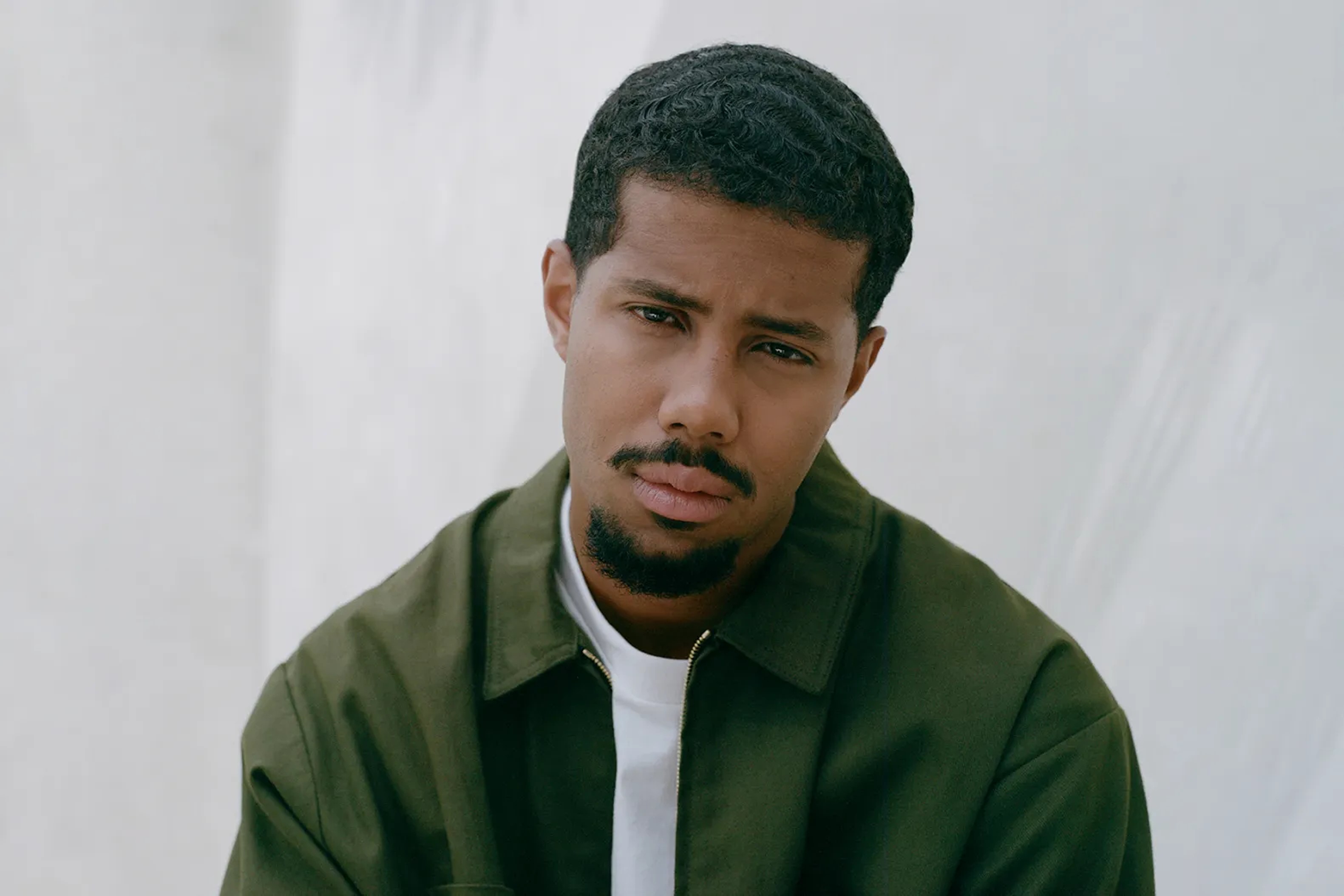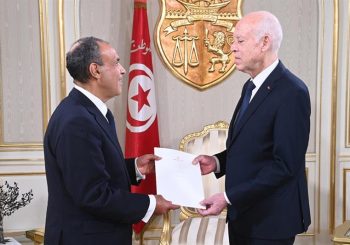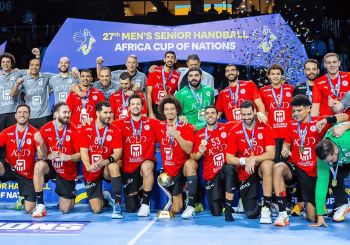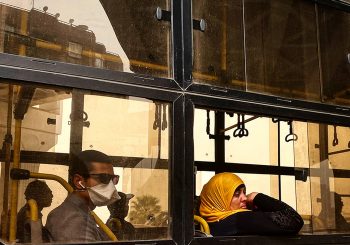“So what are you? I am only a Muslim and a human.”
This line was said in the final seconds of the music video for‘Name of God by Mustafa the Poet, a Sudanese-Canadian artist and songwriter, who recently released his latest album, Dunya, last month.
Being both Muslim and human can appear as the simplest, most basic way to describe oneself. Yet for Mustafa, and many others, it can be the most challenging aspect of their existence.
In an age that is increasingly shadowed by Islamophobia, where expressing one’s faith publicly and freely can be a source of discomfort for others, Mustafa’s decision to integrate his religion into his artistic expression has become a rarity, if not a form of defiance.
As he once shared in an interview, “I tried to separate my religion and career at a point in time, as some were increasingly uncomfortable with the conflation of my artistic expression and faith[…]but so much of my life is connected to Islam. Just like these songs are never complete, neither is the process of worship.”
In his album, worshipping God is both a journey and a question, a learning experience intertwined with humility, where one remains ever a student, guided solely by their heart. At times, Mustafa feels a sense of estrangement from his faith, while at others, it strikes him like a bolt of lightning.
This duality and complexity of faith lies at the core of Dunya, the title of Mustafa’s album. In Islam, dunya transcends the simple notion of life; it embodies the flaws of the material world and the fleeting nature of our existence.
While there is usually a stronger focus on the rules and practices of Islam in societies, Mustafa’s songs highlight the merciful nature of the faith, allowing more room for empathy toward those in the diaspora who struggle to practice their beliefs or grapple with being flawed humans while striving to be good Muslims.
In a time marked by death, loss and the turmoil of war, from Palestine to Sudan, his album also invites us to reflect on our existence within this dunya. It encourages us to consider how the boundaries between this world and the afterlife may not be as distinct as they seem. The death of our loved ones, along with their memories and spirits, lingers in this realm, leaving an irreplaceable hole in our lives.
In an interview, he reflects, “We’ve become accustomed to conversations with the dead[…] conversations with the dead seem to happen in a more fruitful manner than conversations with the living. I think I even titled it Dunya because it is about the people that have not departed from it yet.”
Understanding that this dunya is transient provides solace to the faithful who navigate its harshest trials: war, poverty, and grief. Ironically, it is often in our moments of greatest vulnerability that we experience the deepest expressions of faith—a theme that resonates throughout the album.
Being human and Muslim
The album explores two intertwined and interconnected experiences: being a human and being a Muslim.
He starts by exploring what it means to be human, contemplating how it can be difficult to stay tender in a world filled with cruelty, and where cruelty often wins and prevails.
Growing up in Toronto’s Regent Park neighborhood, he reflects on themes of gang violence and toxic masculinity in poignant tracks like What Happened, Muhammed? and Leaving Toronto. Yet, rather than succumbing to the harshness of his environment, Mustafa consciously chooses softness over cruelty.
Throughout the album, Mustafa honors his brother Muhammed, especially in tracks like Name of God and What Happened, Muhammed? following his tragic murder in Toronto. He tenderly reflects on how their upbringing in a challenging neighborhood shaped their bond and acknowledges how the harsh realities of that environment can lead to violence and loss.
No matter how deeply one strives to protect faith or their humanity, it is easy to falter. As he poignantly sings, “I don’t blame you for losing your heart.”
When asked about the legacy he hopes the album will leave, he replied, “I want it to be of a Black, Muslim boy who maintained his softness in the face of turmoil and failed, failed and failed again yet still maintained that softness.”
Even as he seems to share his experiences and emotions with the world — struggling to keep the tenderness of his heart in a harsh, emotionless environment — it becomes increasingly evident throughout the album that Mustafa is, in fact, speaking to God, and how his relationship with the divine has evolved over time.
This transitions into the next phase of the album, where he explores the experience of being Muslim. In tracks like “Imaan” and “I’ll Go Anywhere,” he opens the window and invites listeners to peek into the intimate experiences of faith within one’s own home. Home is often where faith flourishes, but it can also be where it diminishes.
In the music video for Imaan, for example, which features Moroccan-Egyptian supermodel Imaan Hamaam, he sheds light on the duality of a woman’s experience as she puts on her hijab at home and removes it at times when stepping outside.
As he sings with heartfelt pain about the difficulty of letting go of a loved one who has changed, and how relationships can fade as people grow apart, the word Imaan, meaning faith in Arabic, also captures the struggle of maintaining faith as one ages, and how easily it can slip away, like sand slipping through one’s fingers.
In a full-circle moment, the challenge of maintaining the faith that once grew inside one’s home is reinforced in the song I’ll Go Anywhere, where he expresses how faith can be found everywhere and anywhere, and continues to accompany him, no matter how far he strays from it.
As a Muslim, Mustafa understands that he cannot draw or paint God, as he expresses in the lyrics, “I can’t draw You, I can’t paint You.” Instead, he chooses to seek faith in everyday moments and the experiences he encounters.
He finds peace in the realization that his faith often resembles a blank canvas — devoid of a clear painting or portrait. Yet, he approaches this blank canvas with a sense of wonder, striving to decipher the meaning of the world around him.
The dunya that Mustafa portrays is filled with confusion, grief, and loss, yet his gentle and tender perspective softens its harsh realities. By the album’s conclusion, one is left with the sense that two essential elements endure through this dunya: humanity and faith.
In his quest for faith, Mustafa discovers a deeper sense of humanity, and in embracing his humanity, he finds a deeper connection to his faith.







Comments (0)